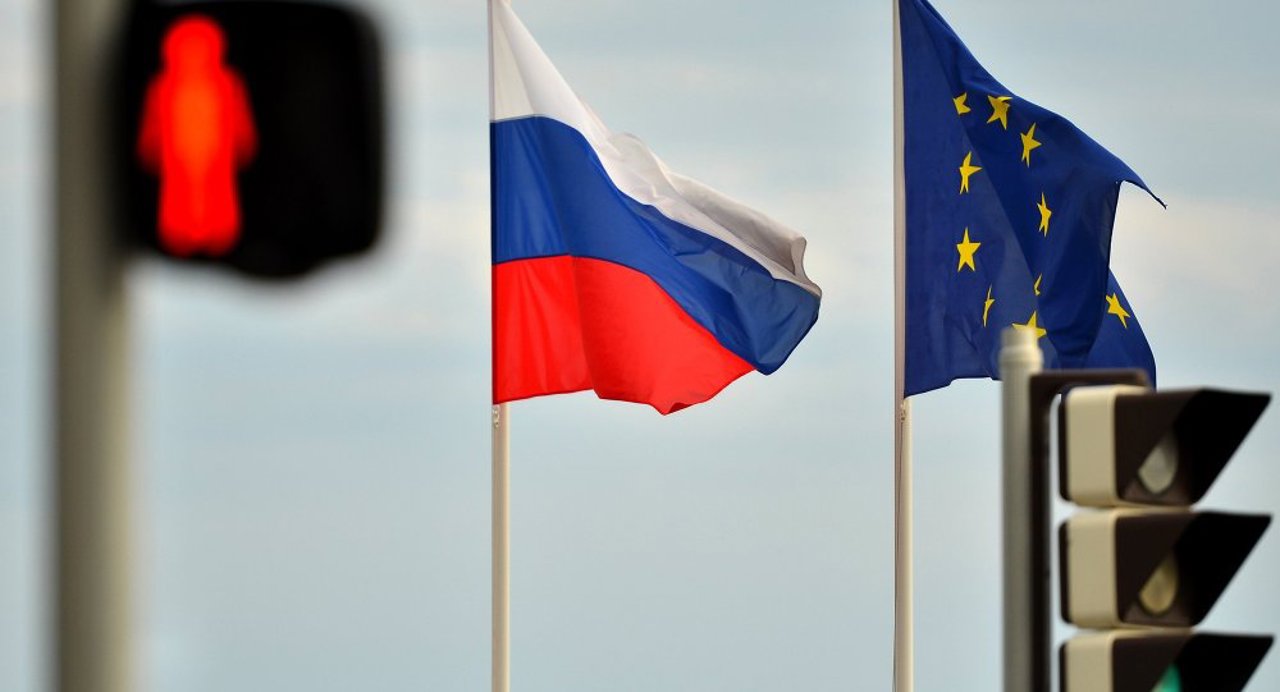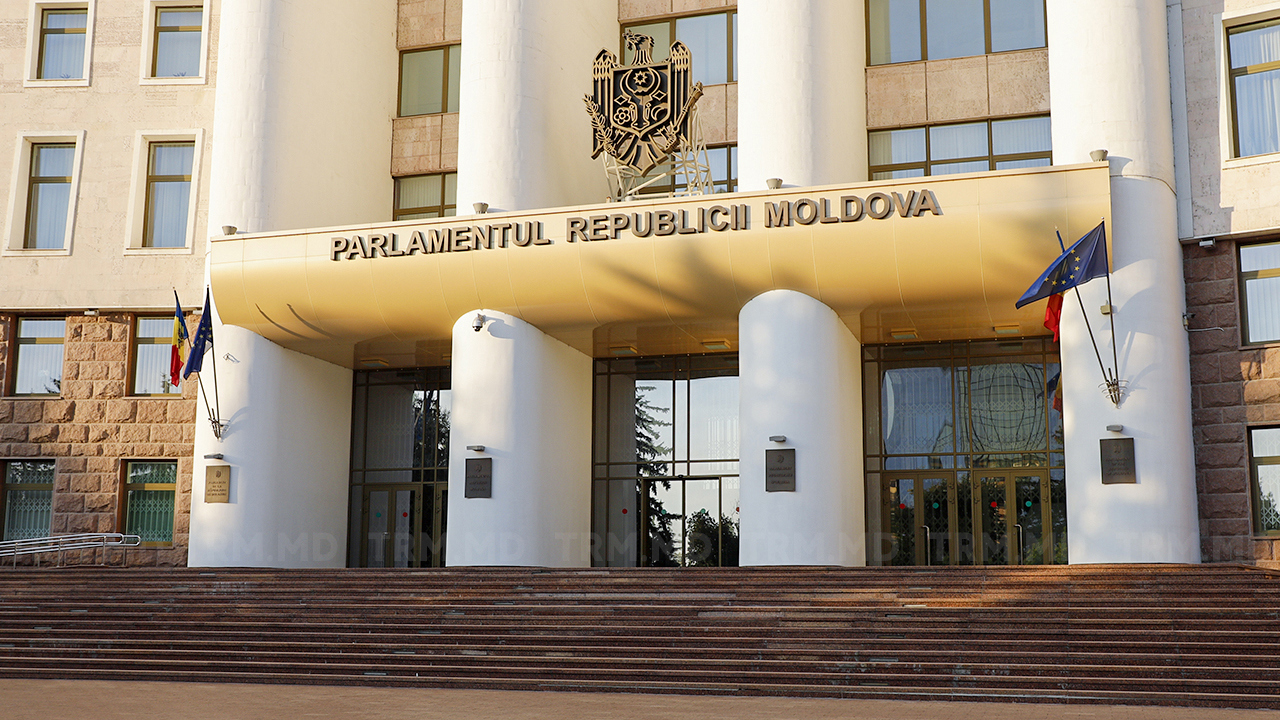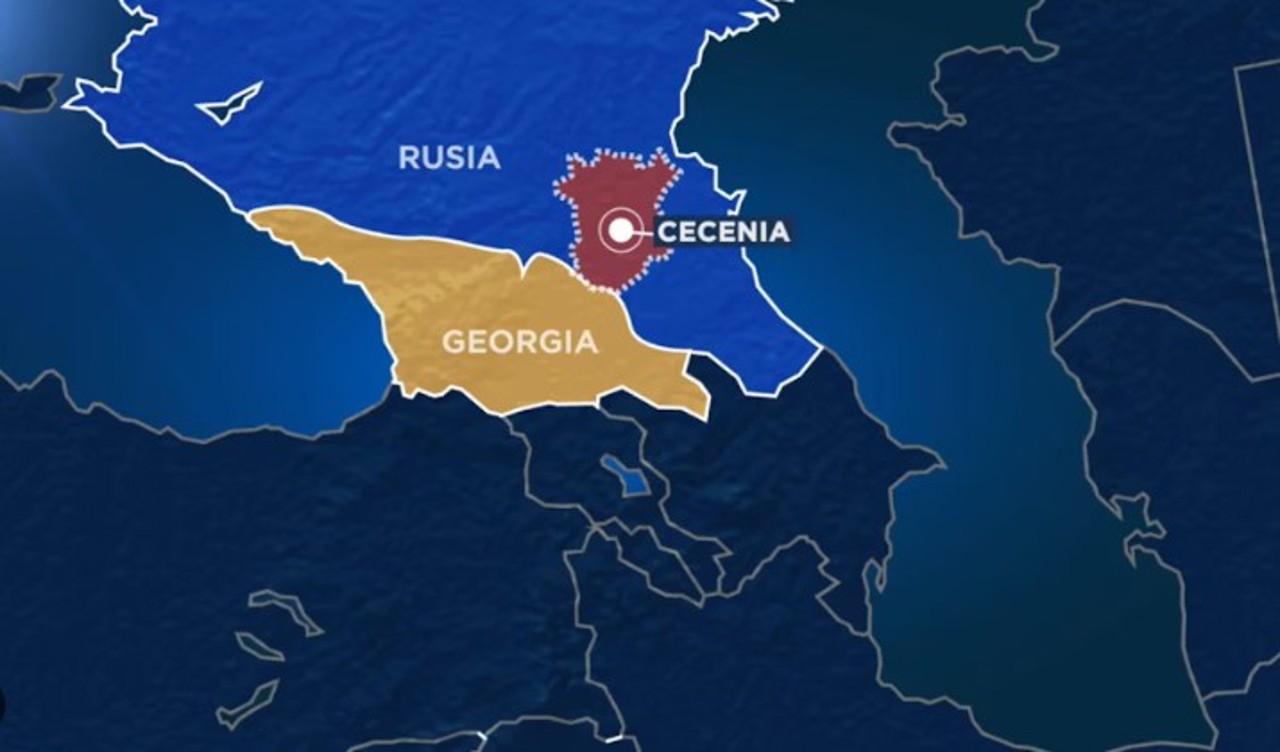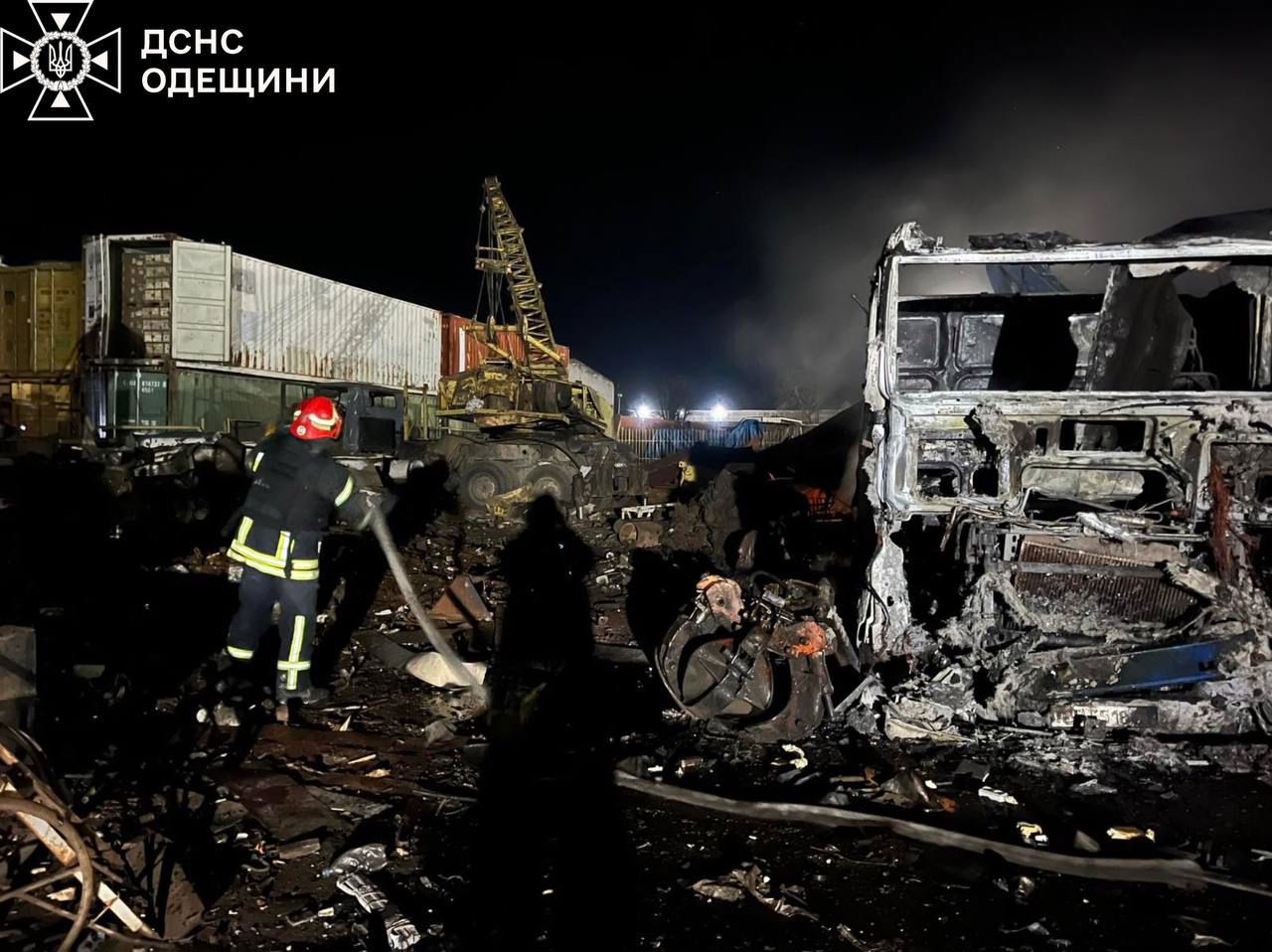EU Sanctions on Russia: Impact on Gas Exports and LNG Restrictions
The European Union member states have adopted a 14th package of sanctions against Russia aimed at closing evasion loopholes and impacting Russia's gas exports for the first time, as stated by EU Foreign Ministers in a Monday declaration.

Following Russia's large-scale invasion of Ukraine in February 2022, Western powers have implemented stringent sanctions on Moscow, which have progressively intensified.
Additionally, this new package adds 116 entities and individuals to the sanctions list, bringing the total to over 2,200.
The newly imposed gas restrictions are designed to diminish Russia's revenue from liquefied natural gas (LNG) exports by prohibiting transshipments from EU ports. Sweden and Finland are also empowered to cancel certain LNG contracts. These measures go beyond the EU's ban on LNG imports, which have risen since the onset of the conflict.
These sanctions will take effect after a nine-month transition period. The package also prohibits new investments and services for the completion of LNG projects under construction in Russia.
Certain countries in Central Europe continue to receive gas via pipelines from Russia through Ukraine. In 2022, the EU imposed a ban on Russian oil imports, with some limited exceptions.
Moreover, the European Commission, the executive arm of the EU, has proposed extending the "Russia clause" from a previous package. This measure would require subsidiaries of EU companies in third countries to contractually prohibit the re-export of goods to Russia, particularly those with dual-use capabilities for military purposes, including ammunition and firearms.
However, diplomats noted that Germany's request led to the removal of this clause. They added that it could potentially be reinstated pending an impact assessment.
The package also targets the suppression of the so-called phantom fleet that supports Russia's war effort. It establishes a framework for adding ships to the sanctions list, including tankers and vessels transporting North Korean ammunition to Russia. The EU ministers' statement indicated that 27 ships have already been listed, citing cases such as the transportation of military equipment to Russia, the transport of stolen Ukrainian grain, and components or transshipments of LNG.
The measures encompass restrictions on helium, rare earths, and manganese ores, as well as limits on Russian financing for think tanks and NGOs.
EU countries are currently deliberating a package aimed at better aligning sanctions against Belarus, predating Moscow's invasion of Ukraine, with those imposed on Russia starting in 2022. Belarus has served as a significant conduit for goods reaching Russia, although EU members have been hesitant to address this issue due to concerns about Belarus' substantial fertiliser exports.
Translation by Iurie Tataru




